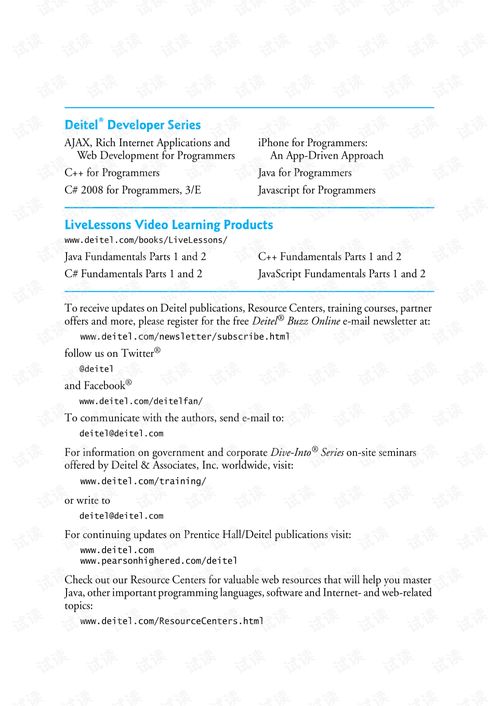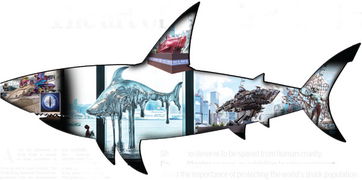Introduction: Fishing is a timeless activity that has been enjoyed by people of all ages for centuries. Whether you are looking to relax and unwind or want to catch the big one, learning the basics of fishing can be both exciting and rewarding. If you are a true beginner, don't worry – this article will provide you with a comprehensive guide on how to learn fishing techniques and methods, ensuring that you have a great time on the water.
Understanding the Basics: Before diving into the various techniques and methods, it is essential to understand the basics of fishing. Here are some fundamental concepts to keep in mind:
a. Types of fishing: There are several types of fishing, including freshwater fishing, saltwater fishing, fly fishing, and ice fishing. Each type requires different equipment and techniques.
b. Equipment: The basic equipment for fishing includes a rod, reel, line, hooks, sinkers, floats, and lures. Familiarize yourself with these components and their functions.
c. Bait and lures: Bait refers to natural food sources for fish, such as worms, insects, or fish eggs. Lures, on the other hand, are artificial imitations of fish, insects, or other creatures that attract fish. Experiment with different baits and lures to see what works best in your chosen fishing environment.
Choosing the Right Equipment: Selecting the appropriate equipment is crucial for a successful fishing experience. Here are some tips for beginners:

a. Rod and reel: For beginners, a medium-action rod and a spinning reel are recommended. These combinations are versatile and suitable for various fishing situations.
b. Line: Use a monofilament line with a thickness that matches your rod's recommended line weight. Thicker lines are more visible to fish, while thinner lines are more sensitive and allow for better casting.
c. Hooks: Choose the appropriate hook size based on the type of fish you are targeting. Larger hooks are suitable for larger fish, while smaller hooks are better for smaller fish.
d. Sinkers and floats: Sinkers help your bait or lure reach the desired depth, while floats keep your bait or lure above the water surface. Experiment with different sinker and float combinations to find the right balance.
Learning the Basics of Casting: Casting is a fundamental skill that every beginner must master. Here are some tips for successful casting:
a. Hold the rod correctly: Grip the rod with your dominant hand, placing your index finger and thumb on the reel handle and your other fingers on the rod's handle.
b. Backcast: Begin by bringing the rod back over your head, then pause and let the line unwind from the reel.
c. Forward cast: Move the rod forward, allowing the line to follow the curve of the rod. Aim for a smooth, controlled motion.
d. Practice: Casting takes practice, so don't be discouraged if you don't get it right at first. Keep practicing until you become more comfortable with the technique.
Understanding Fish Behavior: To improve your chances of catching fish, it is essential to understand their behavior. Here are some tips:
a. Study the fish you are targeting: Different fish species have different preferences for food, habitat, and behavior. Research the species you are interested in to understand their habits.
b. Timing: Fish are more active during certain times of the day, such as early morning or evening. Fish during these peak times to increase your chances of success.
c. Patience: Fishing requires patience, as it can take time for fish to bite. Stay focused and don't get discouraged if you don't catch anything immediately.
Safety and Etiquette: Always prioritize safety and etiquette when fishing. Here are some tips:
a. Dress appropriately: Wear comfortable, weather-appropriate clothing and protective gear, such as sunscreen, hats, and sunglasses.
b. Respect the environment: Be mindful of your surroundings and follow local fishing regulations. Dispose of trash properly and leave the area as you found it.
Conclusion: Learning fishing techniques and methods can be an enjoyable and rewarding experience for beginners. By understanding the basics, choosing the right equipment, mastering casting, studying fish behavior, and adhering to safety and etiquette, you will be well on your way to becoming a skilled angler. Happy fishing!












